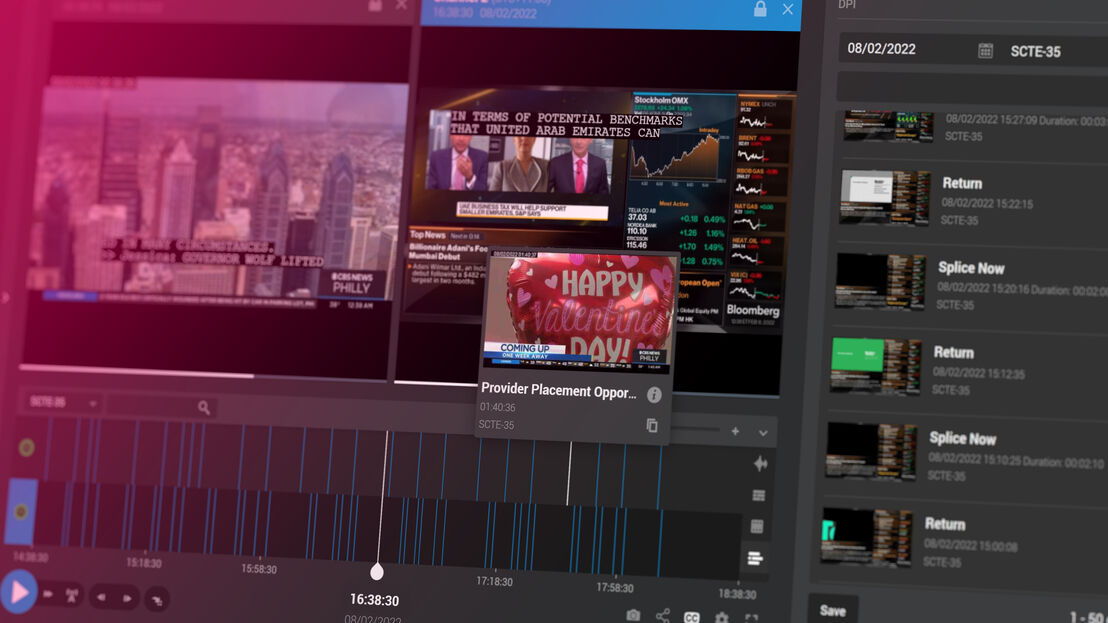The rapid but unpredictable rise of AI is making it harder than ever for companies in broadcast & media to predict their future skills requirements – but that shouldn’t be a reason to fall into despondency, discovers David Davies.
The consensus view is that broadcast & media has been facing an increasingly serious skills crisis for several years now. In particular, the combination of limited access to training in some technical disciplines and the retirement of a generation of senior engineers has yielded a ‘perfect storm’ of challenges that will afflict broadcasters for the next decade at least.
To that mix one can now add the rapid but deeply unpredictable rise of AI. The likely impact on some roles – for instance, basic editing and the more repetitive aspects of localisation – isn’t too hard to predict. But with new applications emerging all the time, and meaningful regulation only beginning to emerge (led by the EU, which has just reached provision agreement on new legislation) – let alone gain parity with the pace of innovation – taking the long view is increasingly challenging...
You are not signed in
Only registered users can read the rest of this article.

Winter Wonderland: All the tech at the Milano Cortina Olympics
Between first-person-view drones, expanded real-time 360° replays, and a massive virtualised production setup, Milano Cortina 2026 is set to be a major step forward in immersive, scalable, and sustainable Olympic broadcasting.

Creator. Experience. Streaming: The new economies of broadcast AV
As brands, corporates, and creators claim their stake in the content landscape, the boundaries between broadcast and professional AV are dissolving. No longer just a convergence, the broadcast AV landscape is now shaped by new economies of creation, experience, and streaming.

AI and the media revolution: A look ahead to 2026
January has only just come to an end, but we are already looking ahead to the next IBC, which takes place as usual at the Amsterdam RAI in September. In the meantime, Content Everywhere companies are polishing their crystal balls and making predictions about what might lie ahead for the video and streaming industry during the next 12 months.

FutureTech 2026: “Align on innovation, and it accelerates”
From imaginative politics and shifting approaches to innovation to adaptable governance of technology, no topic was off the table at this year’s DTG’s FutureTech. George Jarrett reports.

Creator economy comes to enterprise: What does broadcast AV really mean today?
As video becomes a core enterprise capability, broadcast AV is being redefined. It’s less about better hardware and more about network-native, production-grade media systems that can scale, are interoperable and operate reliably inside modern IT environments.





